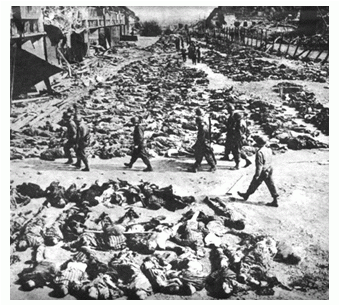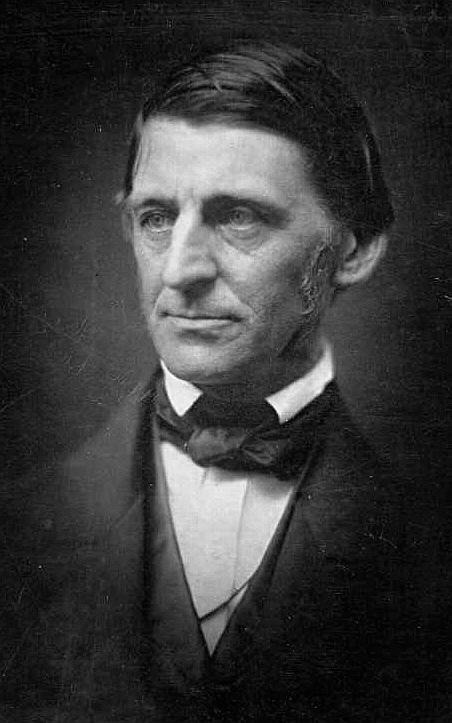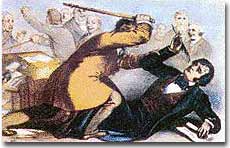Why We Invaded Cuba
I. Introduction:Thesis: America's invasion to Cuba was necessary for ensuring Cuban safety, guaranteeing their resources, and helping a fellow underdog.
II. At this time, Cuba was a country with many resources and the US was interested in these products.
A. A right for intervention- "the right to intervene may be justified by the very serious injury to the commerce, trade, and business of our people, and by the wanton destruction of property and devastation of the island." (McKinley)
B. Natural Resources - "In Cuba, alone, there are 15,000,000 acres of forest unacquainted with the axe. There are exhaustless mines of iron. . . . There are millions of acres yet unexplored." (McKinley)
C. Cubans grew an abundance of sugar cane and tobacco. Sugar cane could not be grown in America due to the climate.
III. Cubans were treated poorly by the Spanish and they were a weak country, therefore they were not safe or protected and were in serious need of some help.
A. Spain was unhappy with the lack of control they had over Cuba and they were afraid of guerrilla warfare breaking out.
B. Poor Conditions -"Four hundred and sixty women and children thrown on the ground, heaped pell-mell as animals, some in a dying condition, others sick and others dead, without the slightest cleanliness, nor the least help." (Lee)
C. Americans were on a mission to help rescue the innocent life's of the Cubans from the fatal conditions of the reconcentration camp.
IV. US was rooting for Cuba, "the underdog", so they decided to help them win their independence.
A. America was the underdog as well, so they feel the need to help another underdog.
B. Cuba had no government to help them, while we have a stable government to help. "we owe it to our citizens in Cuba to afford them that protection and indemnity for life and property which no government there can or will afford." (McKinley)
C. The US wanted to collect more alliances with Cuba, which would benefit them in using their resources.
V. Conclusion:
Cuba was invaded for not only their safety and benefit but our benefit as well. The Americans saved many Cubans from the reconectration camps and aided them with putting their citizens in better conditions. However, America greatly benefited with gaining their natural resources and trade routes. The invasion of Cuba can not be looked at as only a good act to save life's, but a selfish act of the Americans.






